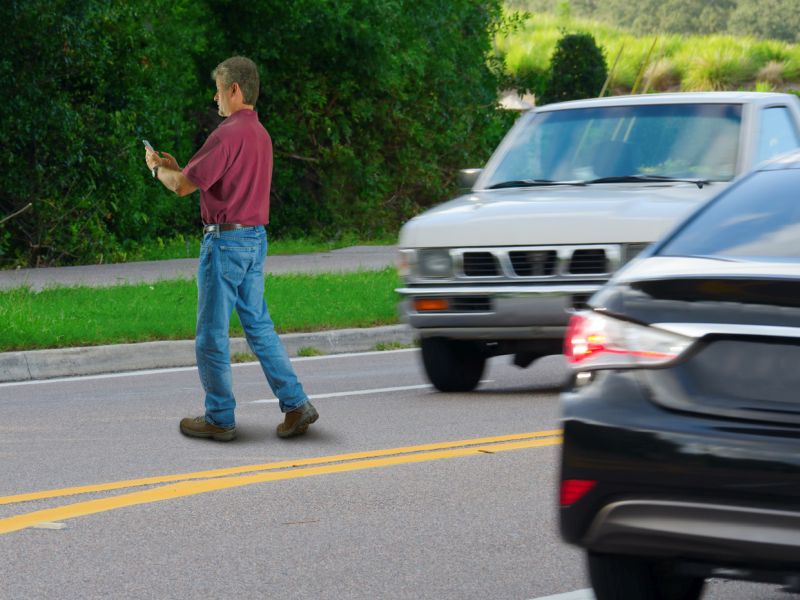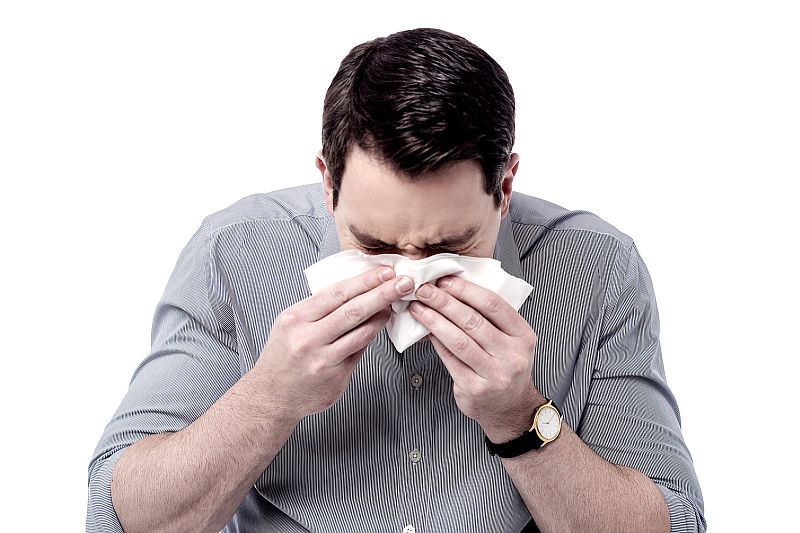
Although there is a tornado season between May and June in the Southern Plains, June and July in the central United States, and earlier in the spring on the Gulf Coast, tornados can form off season. The National Safety Council suggests how to stay safe during a tornado: Seek shelter in a sturdy building immediately.… read on >





























